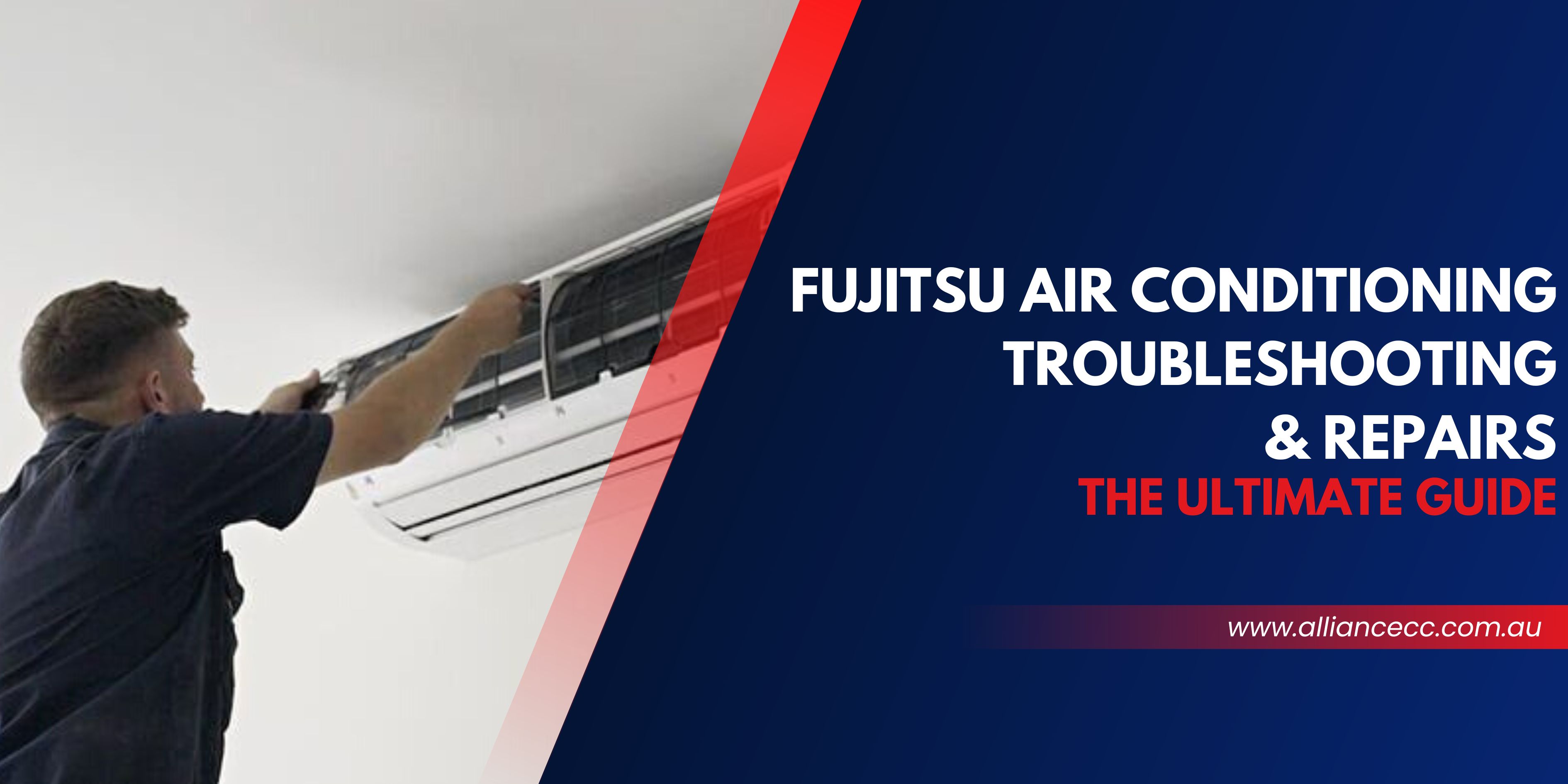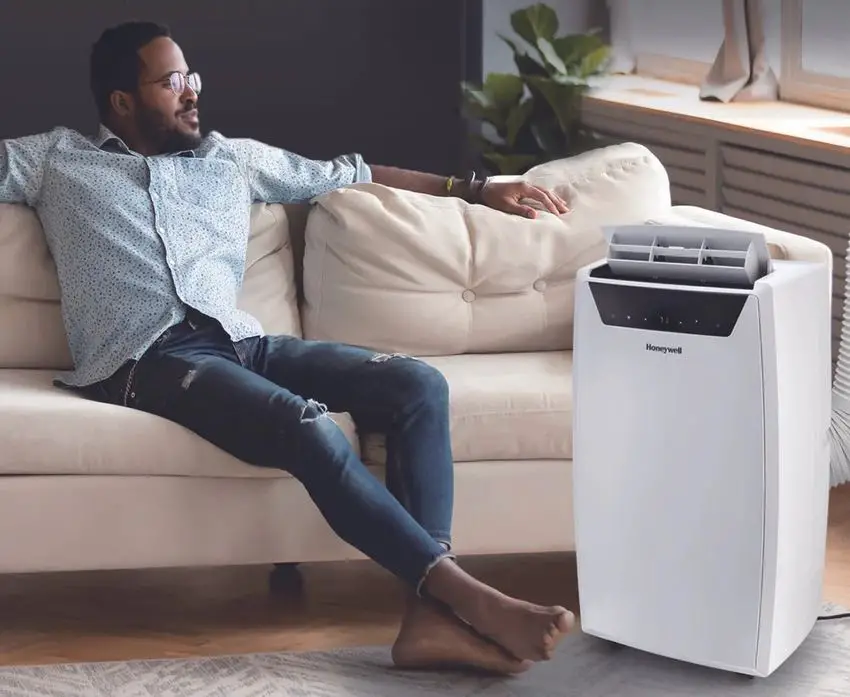When it comes to keeping your home cool and comfortable during the hot summer months, your air conditioner plays a crucial role. But have you ever wondered how your AC unit is able to start up and run smoothly? The answer lies in a small yet powerful component known as the capacitor.
What is an Air Conditioner Capacitor?
An air conditioner capacitor is an essential part of the HVAC system responsible for starting the compressor and fan motors. It stores and releases electrical energy to help the motors start and run efficiently, ensuring that your air conditioner operates effectively.
Capacitors come in different types, including start capacitors and run capacitors, each serving a specific function in the operation of the air conditioning system. While start capacitors provide the initial boost of power to start the motor, run capacitors help maintain a consistent electrical flow during operation.
The Role of Capacitors in Air Conditioners
Capacitors play a critical role in the overall performance of your air conditioning system. Without a properly functioning capacitor, your AC unit may experience difficulties starting up, reduced cooling capacity, or even complete system failure.
Here are some key functions of capacitors in air conditioners:
| Function | Role of Capacitor |
|---|---|
| Starting the Motor | Capacitors provide the extra voltage needed to start the motors of the compressor and fan, ensuring a smooth and quick startup. |
| Stabilizing the Electrical Current | Run capacitors help maintain a constant flow of electricity to keep the motors running efficiently and prevent power fluctuations. |
| Improving System Performance | By supporting the motors, capacitors contribute to the overall performance and energy efficiency of the air conditioning system, leading to lower energy costs and improved cooling capacity. |
Signs of a Faulty Capacitor
Like any other electrical component, capacitors can wear out or malfunction over time. It’s important to be aware of the signs that indicate a faulty capacitor in your air conditioner. Some common symptoms of a failing capacitor include:
- Difficulty starting the AC unit
- Intermittent cooling or airflow issues
- Unusual noises, such as humming or clicking sounds
- Excessive energy consumption
- Visible signs of damage or bulging on the capacitor
If you notice any of these warning signs, it’s crucial to have a professional HVAC technician inspect and replace the capacitor to prevent further damage to your air conditioning system.

Credit: www.alliancecc.com.au
Maintaining Capacitor Health
While capacitors are essential for the proper operation of your air conditioner, they are susceptible to wear and tear over time. Regular maintenance and care can help extend the lifespan of capacitors and ensure the smooth operation of your HVAC system.
Here are some maintenance tips to keep your capacitors in good condition:
- Schedule annual HVAC inspections to check for capacitor health
- Keep the outdoor unit clean and free of debris to prevent overheating
- Avoid frequent power surges by using surge protectors for your air conditioner
- Replace capacitors as part of routine HVAC service before they fail
Conclusion
Capacitors are an indispensable component of air conditioning systems, playing a crucial role in the startup and performance of the unit. Understanding the importance of capacitors and being proactive about maintenance can help you avoid costly repairs and ensure that your air conditioner operates efficiently throughout its lifespan.
By staying attentive to the signs of capacitor issues and investing in regular maintenance, you can keep your home cool and comfortable while extending the longevity of your air conditioning system.

